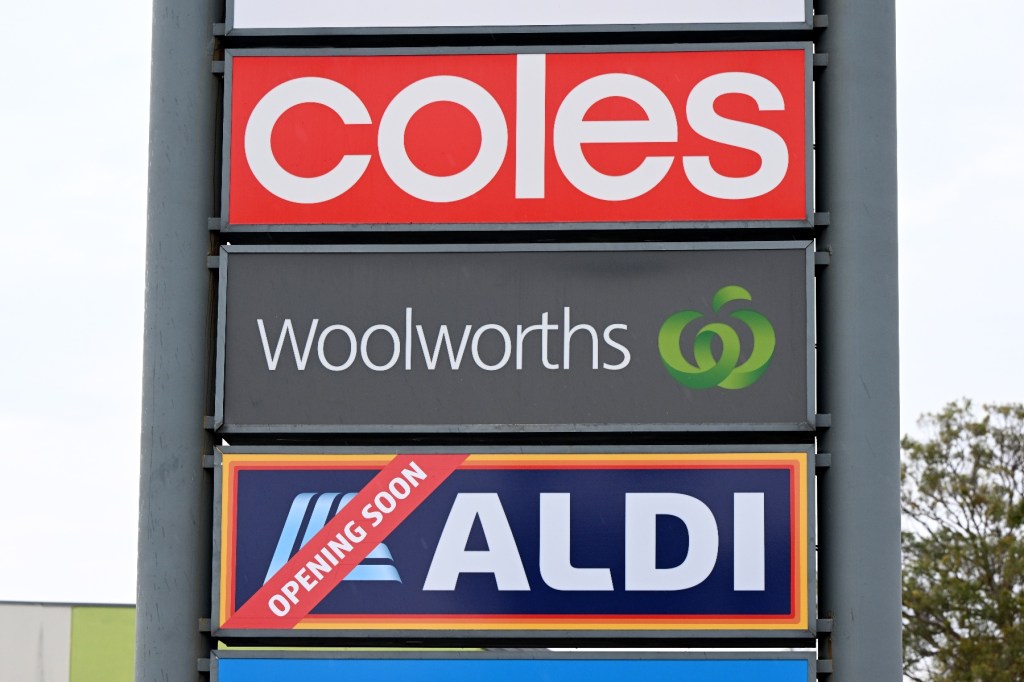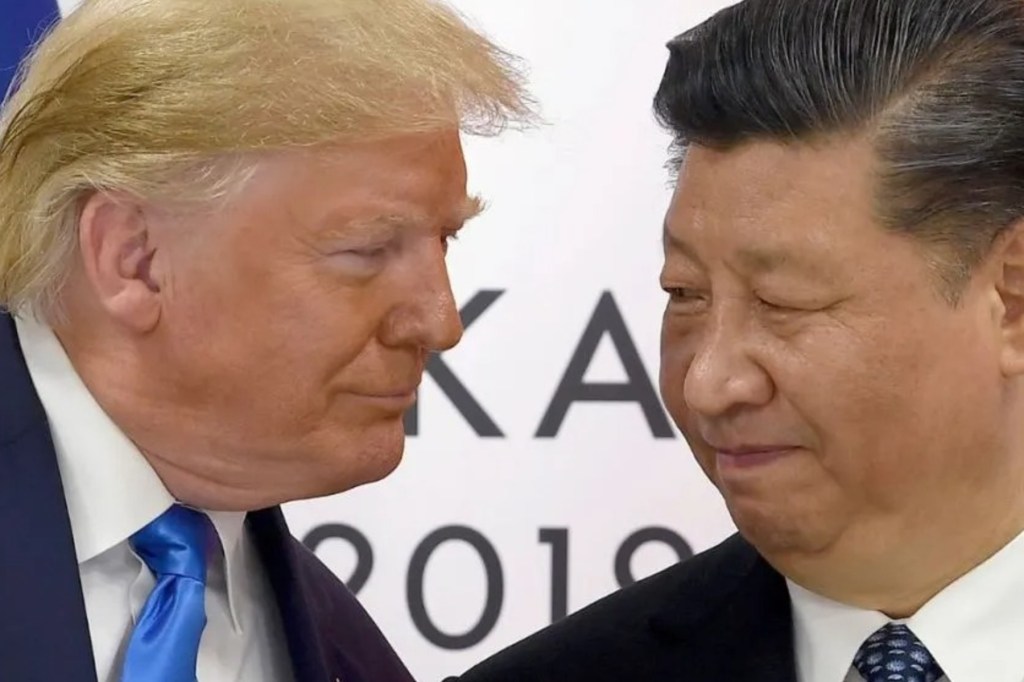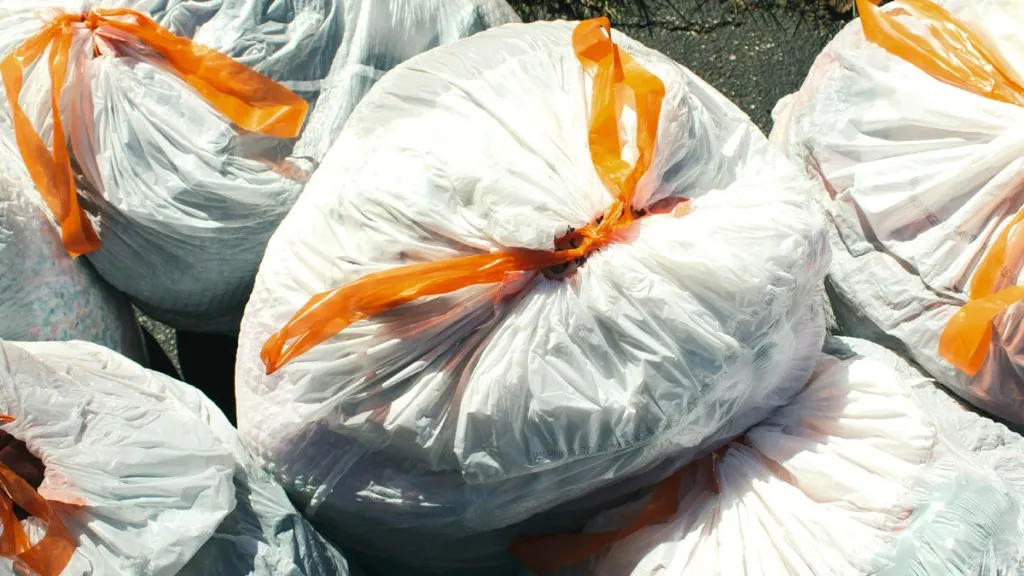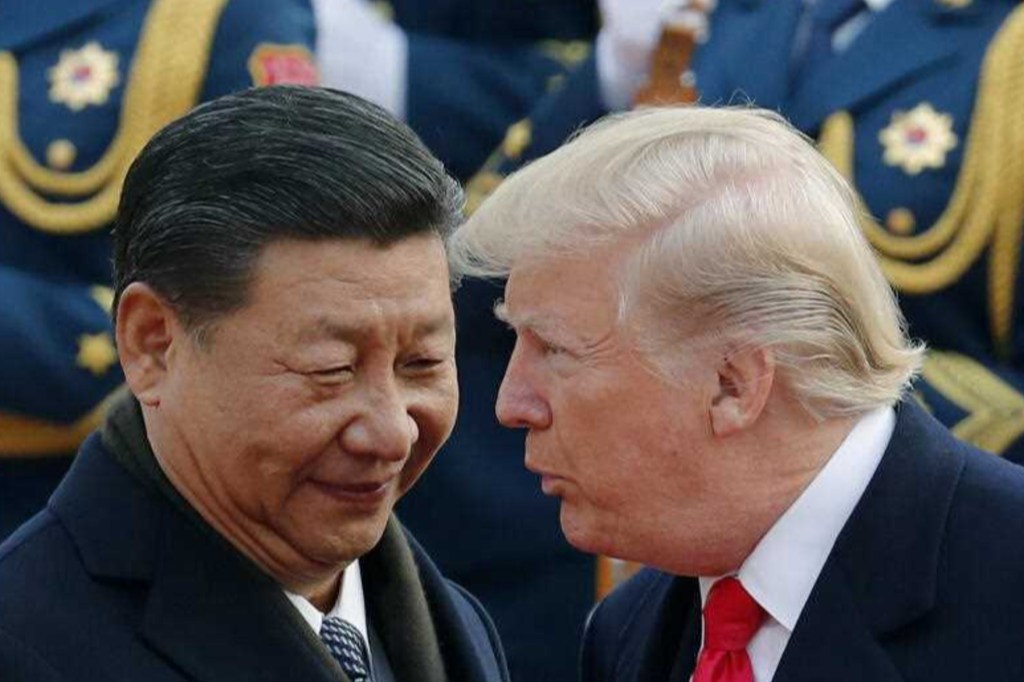Lack of competition driving up grocery prices finds SA inquiry
The state government should develop a state-wide grocery competition policy and the potential for a payroll tax exemption on fresh produce businesses, a parliamentary report into SA grocery pricing recommends.

The report of the Legislative Council’s select committee on grocery pricing in South Australia has been published, detailing the factors driving up grocery prices in the state and recommendations on how to increase competition and ease pressures on households.
Chaired by Greens MLC Robert Simms, the select committee was established in 2023 to inquire and report on grocery pricing in SA amid a 20 per cent rise in grocery prices over the five prior years.
The committee comprised Simms, independent MLC Frank Pangallo, Liberal members Jing Lee and Ben Hood and Labor members Mira El Dannawi and Reggie Martin.
The group heard evidence from major players in the grocery space such as former Woolworths boss Brad Banducci, Coles Group executives, the CEO of Foodland Supermarkets Australia, and representatives from charities and not-for-profits.
The report was tabled on 26 November, and details findings across competition and transparency, waste, Federal advocacy and cost-of-living relief.
The committee found there was a “lack of transparency around grocery pricing in South Australia and that this is a factor that is contributing to high prices”.
You might like
Further, there is a “significant power imbalance between big food retailers and primary producers and that additional transparency measures could help mitigate this”.
The committee refuted evidence from Woolworths that smaller food retailers were contributing to higher grocery prices in SA, and found instead that “a lack of competition is a factor contributing to higher prices, particularly in regional areas and that there is a need to promote further competition to potentially reduce costs for consumers”.
To address the competition and transparency issues, the committee recommended the state government develop a state-wide grocery competition policy “to develop strategies for encouraging new entrants into the grocery market”.
Further, it was recommended that the Minister for Planning investigate amendments to state planning laws to “prevent the rezoning of greenfield sites to retail in instances where this would have a negative impact on existing businesses”, and that he “investigate opportunities to prioritise green space in new developments to encourage community gardens and access to fruit and vegetables”.
Another recommendation asks the treasurer to consider the potential for a payroll tax exemption for fresh produce businesses and primary production food businesses “to reduce costs to industry and encourage competition”.
However, in a dissenting statement from Labor’s Martin and Dannawi, the pair said “the South Australian payroll tax regime is considered extremely competitive when compared to other jurisdictions, recording the second highest exemption threshold in the country at $1.5 million and one of the lowest standard tax rates at 4.95 per cent”.
Stay informed, daily
“In fact, after surcharge levies applied in other jurisdictions are considered, South Australia has the lowest standard top payroll tax rate,” the pair said.
“There is no evidence before the committee that a reduction or exemption for payroll tax within this industry specifically would do anything to increase competition or lower the prices of goods for consumers. Passing on any savings as a result of tax concessions would be at the complete discretion of the individual company with the larger companies and chains being able to utilise this comparative advantage to reduce competition from smaller operators.
“Further, providing an exemption or reduction in payroll tax for specific industries would lead to similar and equally worthy calls from other industry sectors seeking to reduce prices to attract consumers which will ultimately undermine the integrity and equity that exists within the current payroll tax system.”
Treasurer Stephen Mullighan said the state government would “carefully consider the recommendations of the committee before committing to adopting any of the changes”.
“In regard to payroll changes, South Australia’s payroll tax regime is considered extremely competitive when compared to other jurisdictions recording the second highest exemption threshold in the country,” he said.
Broadly, it was recommended that the state government review its procurement guidelines to prioritise smaller food retailers where “practicable”, and that it “encourage regional food distribution hubs, particularly in areas underserved by major retailers”.
The committee also recognised the role the Federal Government had to play in addressing some of the findings, and recommended the state government advocate to “increase migration to regional South Australia to provide workers to the farming sector” and “look at opportunities to support South Australians on income support who are struggling with high grocery prices”.
Simms said the inquiry “has exposed many of the factors that are contributing to high grocery prices in South Australia, including a lack of competition among food retailers, a lack of transparency around pricing and stringent food packaging standards”.
“I want to thank all of the South Australian consumers, businesses and advocacy organisations that have shared their stories with us over the last nine months,” he said.
“As we head towards Christmas many South Australians will be worrying about spiralling food costs and looking for the Government to take action. This committee has proposed a range of practical recommendations that can be implemented at a state level to help get this crisis under control.
“I look forward to the Malinauskas Government responding to these recommendations in the New Year.”








